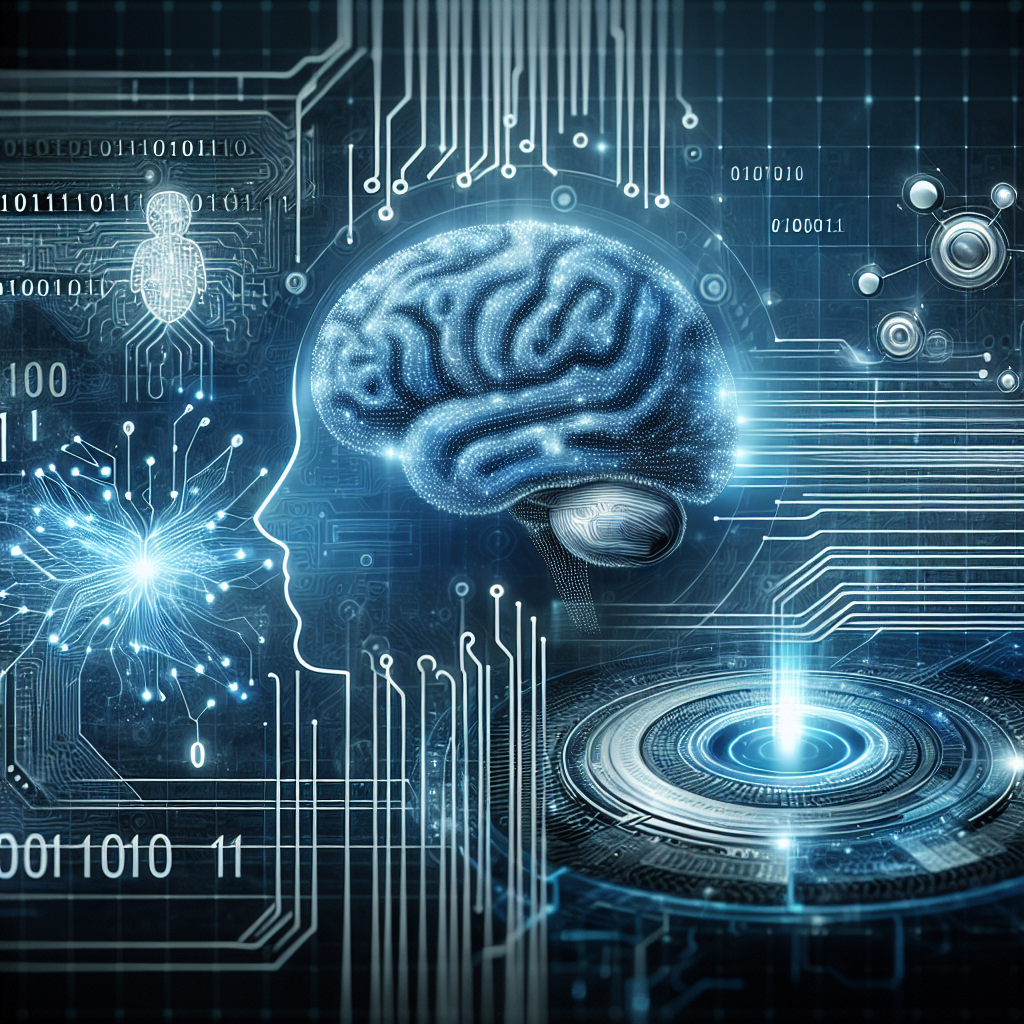In today’s fast-paced world, the amount of data being generated is increasing at an exponential rate. This data is valuable for businesses as it contains insights that can help them make informed decisions. However, the sheer volume of data can be overwhelming, making it difficult for humans to analyze and extract meaningful information from it. This is where Artificial Intelligence (AI) and Machine Learning come into play.
AI and Machine Learning are revolutionizing the way businesses make decisions. By using algorithms and advanced statistical techniques, these technologies can analyze large datasets, identify patterns, and make predictions based on past data. This enables businesses to make data-driven decisions that are more accurate and reliable than those made by humans alone.
One of the key benefits of using AI and Machine Learning in decision-making processes is the ability to automate repetitive tasks. This frees up valuable time for employees to focus on more strategic tasks, ultimately leading to increased productivity and efficiency. Additionally, AI and Machine Learning can process data much faster than humans, allowing businesses to make decisions in real-time.
Another advantage of AI and Machine Learning is their ability to uncover hidden patterns and trends in data that may not be apparent to humans. By analyzing large datasets, these technologies can identify correlations and relationships that can help businesses make better decisions. For example, AI can be used to analyze customer data to identify buying patterns and preferences, enabling businesses to tailor their marketing strategies accordingly.
Furthermore, AI and Machine Learning can help businesses make more accurate predictions about future outcomes. By analyzing historical data, these technologies can forecast trends and make predictions about future events, such as sales forecasts or customer behavior. This can help businesses anticipate changes in the market and adjust their strategies accordingly.
AI and Machine Learning can also help businesses optimize their processes and improve efficiency. By analyzing data from various sources, these technologies can identify inefficiencies and bottlenecks in workflows, enabling businesses to streamline their operations and reduce costs. For example, AI can be used to optimize supply chain management by predicting demand and optimizing inventory levels.
In addition to improving decision-making processes, AI and Machine Learning can also enhance customer experiences. By analyzing customer data, businesses can personalize their offerings and provide more targeted recommendations to customers. This can help businesses build stronger relationships with their customers and increase customer loyalty.
While AI and Machine Learning offer numerous benefits to businesses, there are also challenges and limitations to consider. One of the main challenges is the lack of transparency in AI algorithms. Because these algorithms are complex and often opaque, it can be difficult to understand how they arrive at their decisions. This can lead to biases in decision-making processes and undermine trust in AI systems.
Another challenge is the need for large amounts of high-quality data to train AI algorithms effectively. Without access to sufficient data, AI systems may not be able to make accurate predictions or recommendations. Additionally, data privacy and security concerns are also important considerations when using AI and Machine Learning in decision-making processes.
Despite these challenges, the potential benefits of AI and Machine Learning in enhancing decision-making processes are significant. By leveraging these technologies, businesses can gain a competitive edge, improve efficiency, and drive innovation. As AI and Machine Learning continue to evolve, they will play an increasingly important role in shaping the future of business decision-making.
FAQs:
Q: What is the difference between AI and Machine Learning?
A: AI is a broad field of computer science that focuses on creating intelligent machines that can perform tasks that typically require human intelligence. Machine Learning is a subset of AI that involves training algorithms to learn from data and make predictions or decisions without being explicitly programmed.
Q: How can AI and Machine Learning benefit businesses?
A: AI and Machine Learning can help businesses make data-driven decisions, automate repetitive tasks, uncover hidden patterns in data, make accurate predictions, optimize processes, and enhance customer experiences.
Q: What are some of the challenges of using AI and Machine Learning in decision-making processes?
A: Challenges include the lack of transparency in AI algorithms, the need for large amounts of high-quality data, data privacy and security concerns, and biases in decision-making processes.
Q: How can businesses overcome these challenges?
A: Businesses can address these challenges by ensuring transparency in AI algorithms, collecting and managing high-quality data, implementing robust data privacy and security measures, and regularly monitoring and evaluating AI systems for biases.

